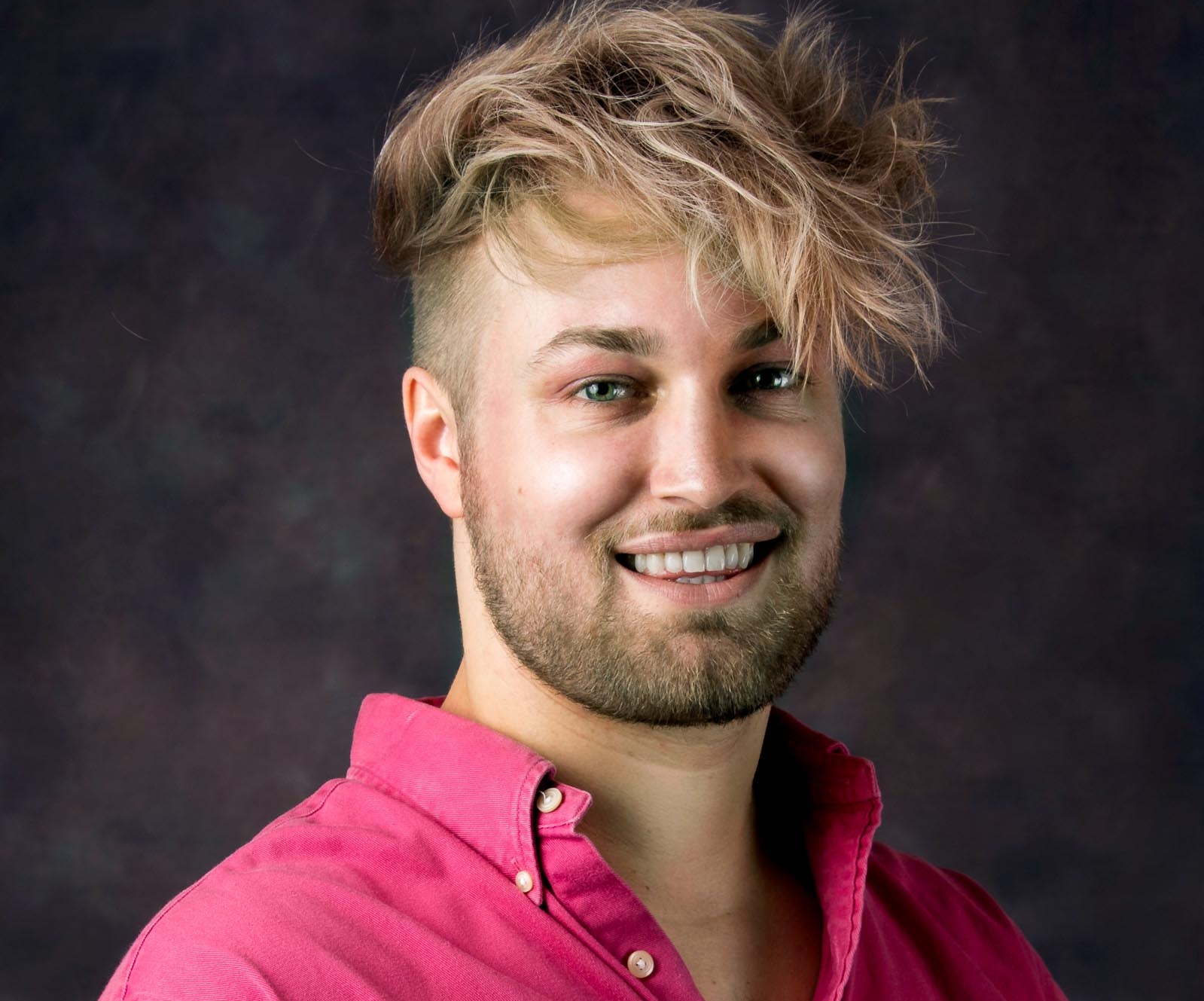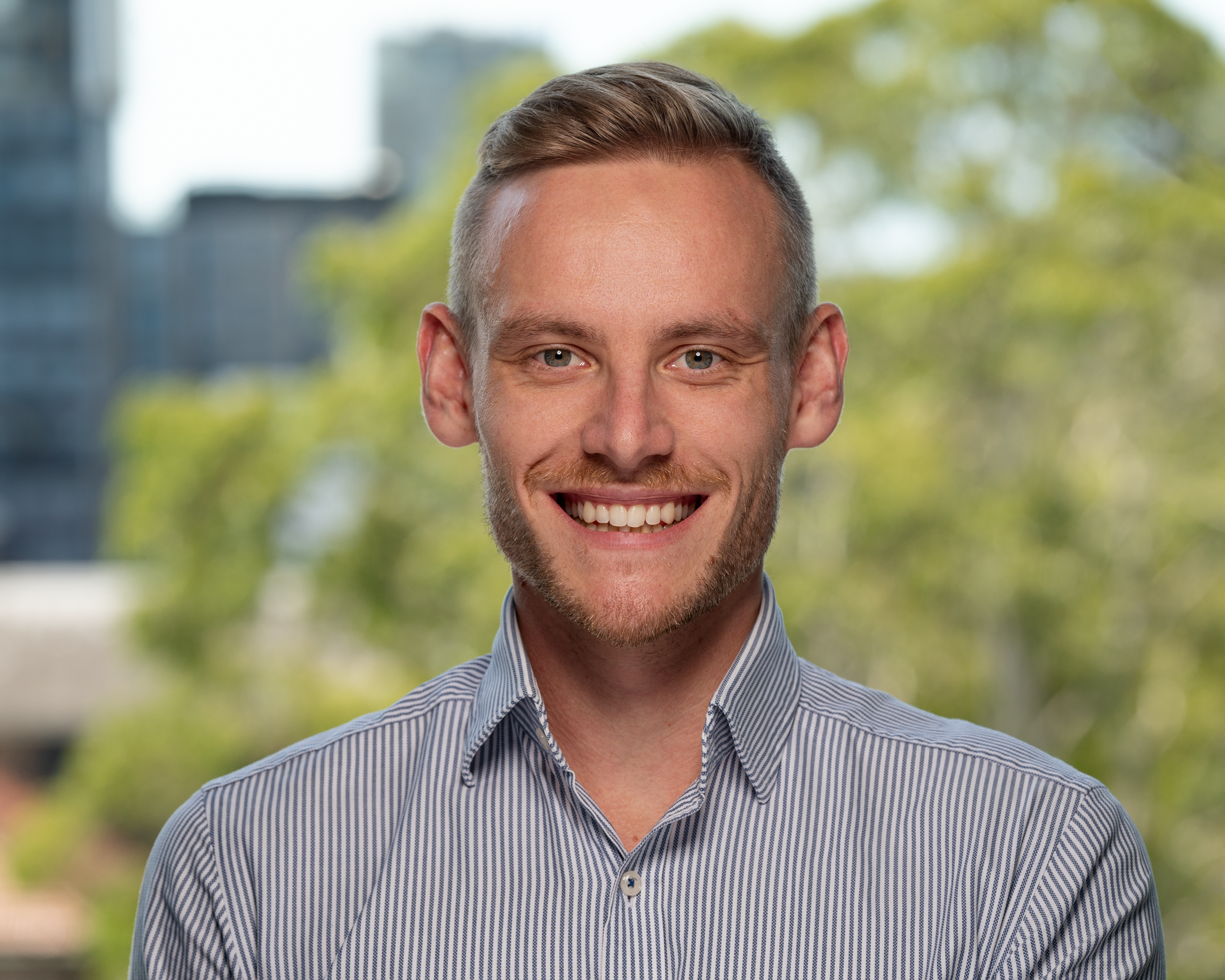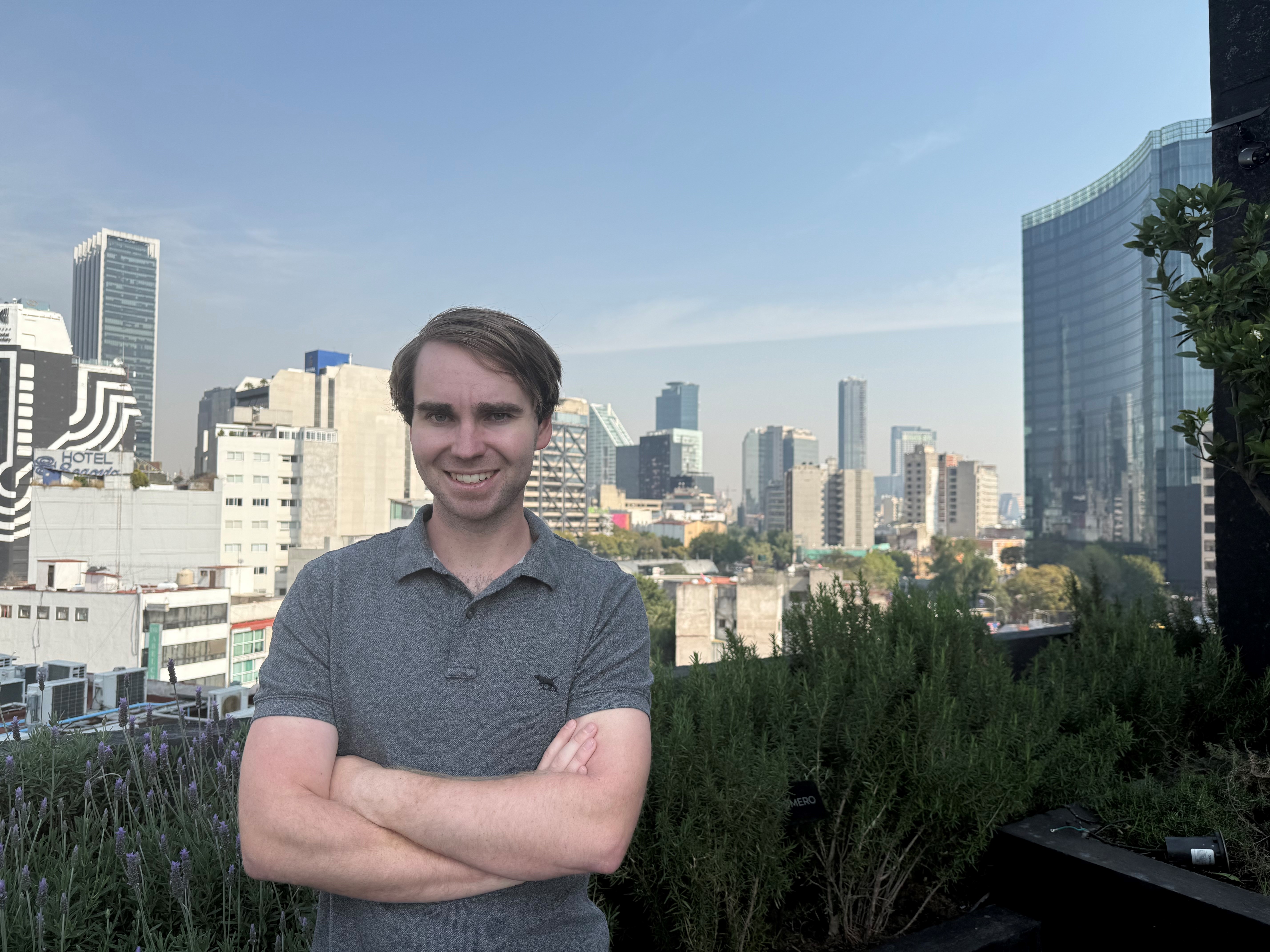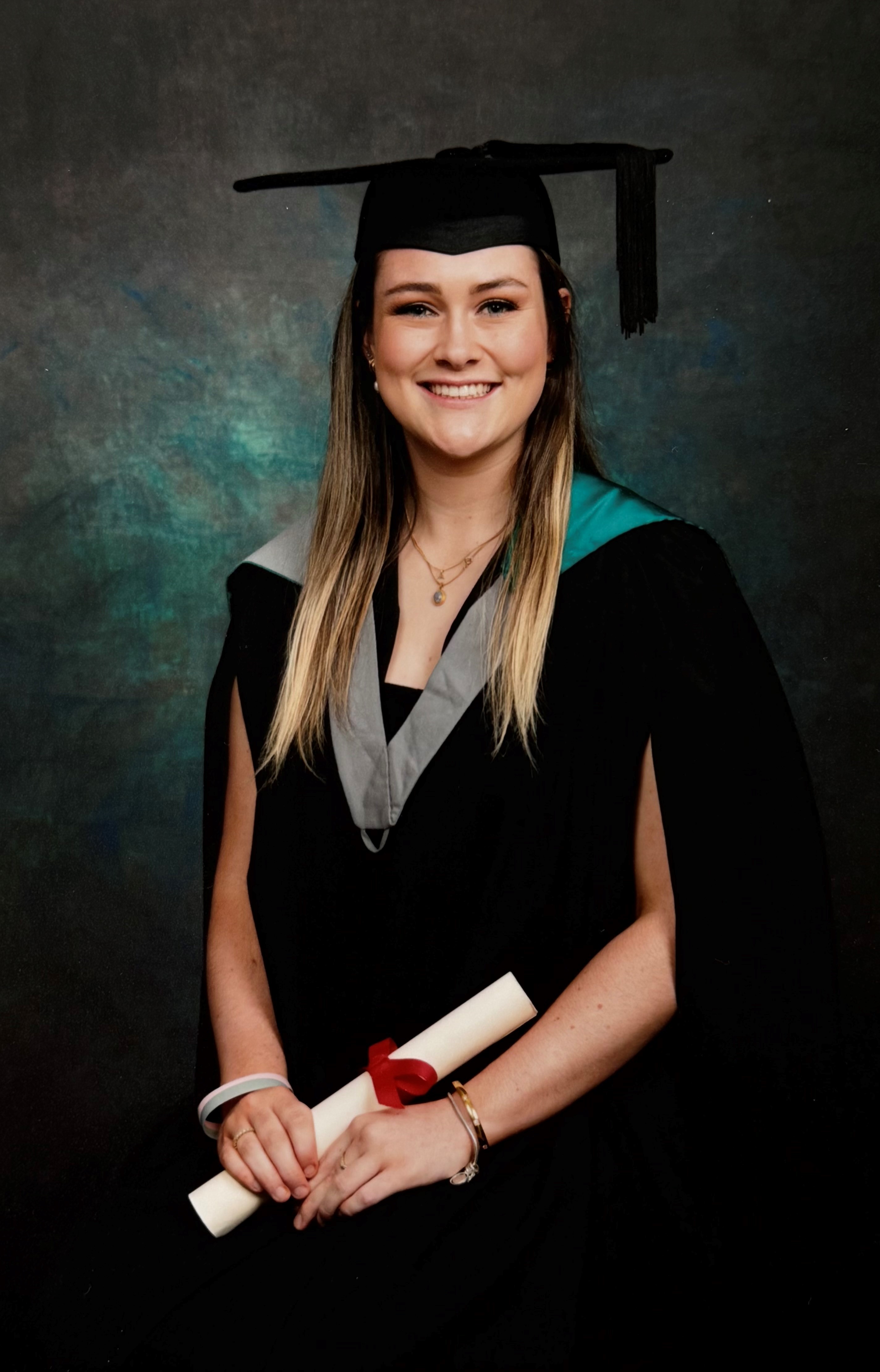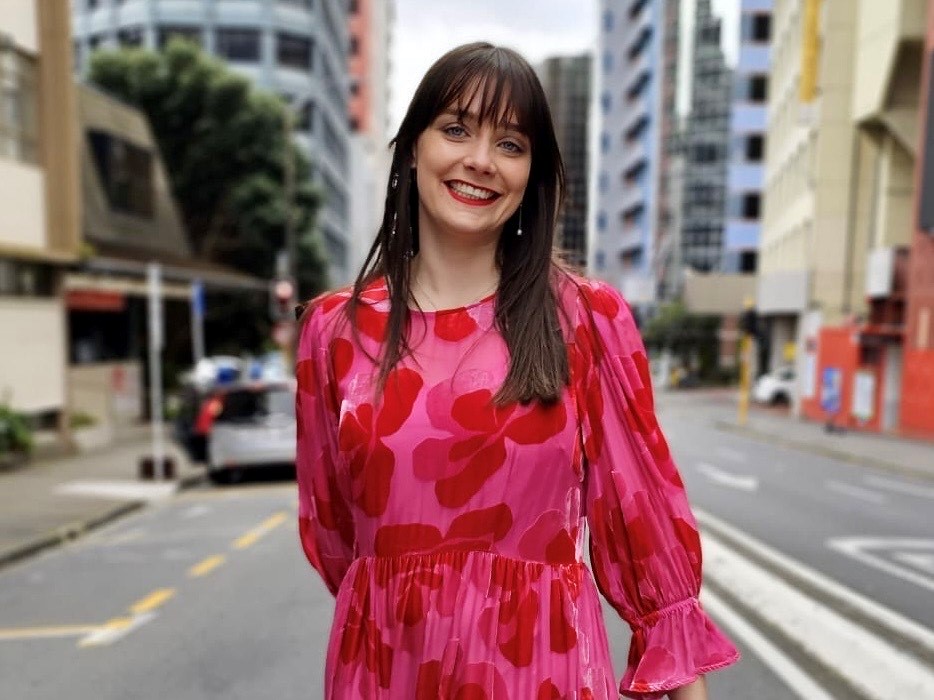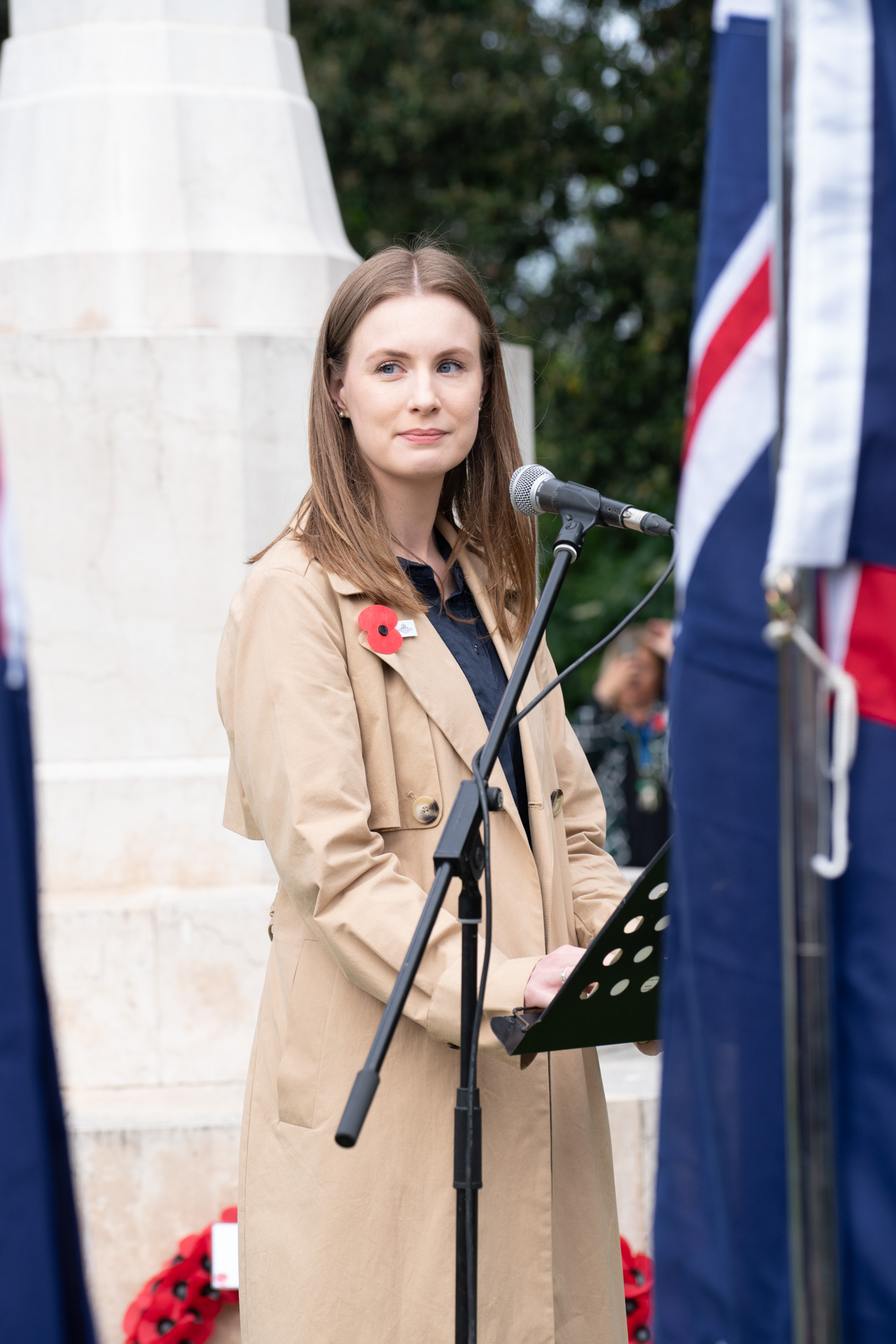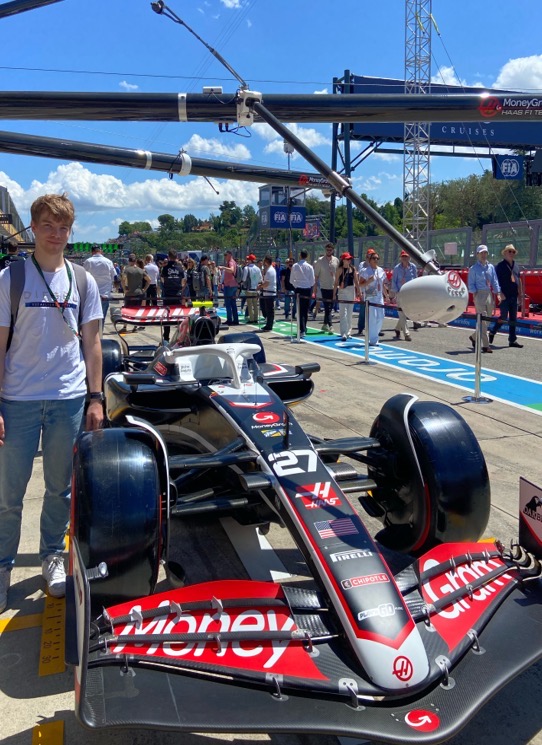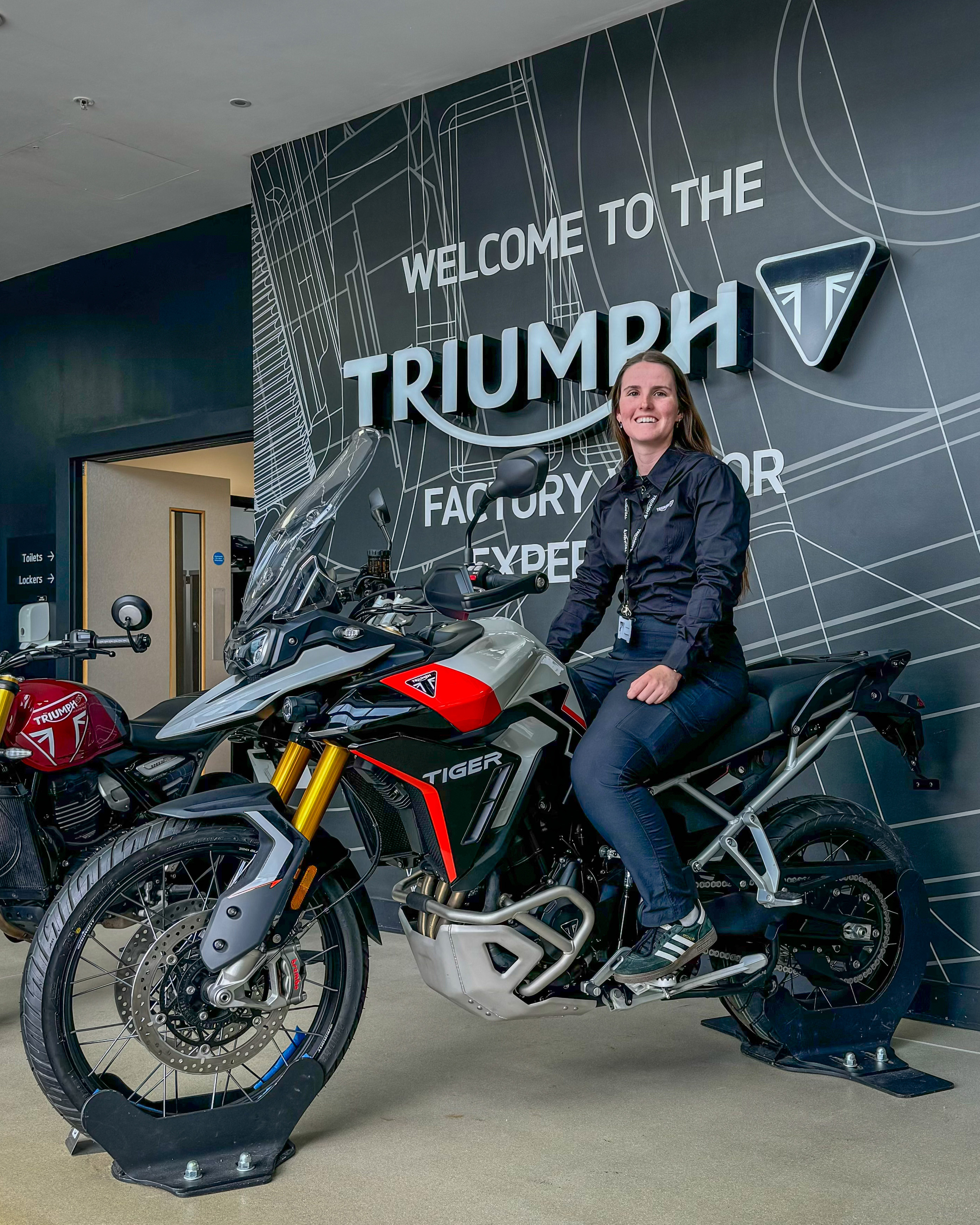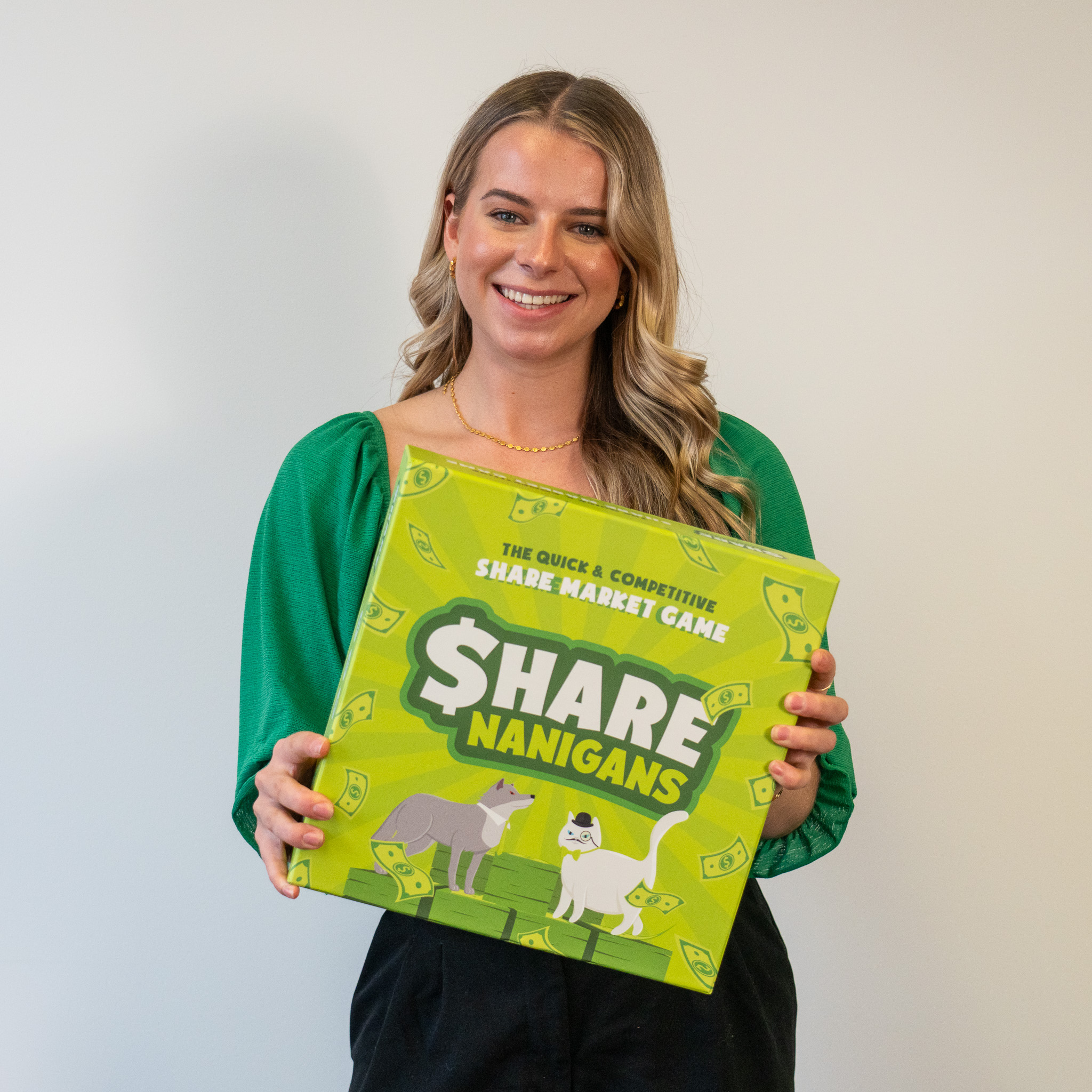What interested you about studying engineering? (can you speak on completing your Diploma of Global Humanitarian Engineering too?)
Growing up here in Aotearoa, I was uncomfortable with being different to those around me. Feeling a sense of identity dissolution, I travelled back to Afghanistan to reconnect with my motherland. While there, I felt what some refugees or migrants may call 'survivors guilt'. Four decades of ongoing war either due to foreign invasions or internal civil unrest, left the country's basic infrastructure in disarray. Things which we take for granted in Aotearoa were seen as a luxury. You cannot be exposed to harsh realities like that and not be somehow affected by it. Returning to NZ, I was convinced that I needed to build my capabilities so that I could one day return to Afghanistan to help rebuild what had been destroyed. Despite the change in perspective, my past caught up to me and I found my way to prison. While in my cell one day, I decided that I would graduate from the university most renowned in New Zealand for civil engineering. After a successful Foundations of Engineering year at AUT, I was enrolled at the University of Canterbury as an undergrad. My first year could not have been any harder. Spending each day at the free Maths tuitions in Erskine, I scraped through with a mere 2.13 GPA.
In my third year at UC, I picked up the Diploma of Global Humanitarian Engineering. This pathway is one of a kind. Most people have never heard of it. It compliments my civil engineering Honours well. It focuses on methods of developing less infrastructurally advanced communities as well as introducing you to problem solving in emergency crisis situations. The coolest part of the course would have to be the one-week mock refugee crisis scenario where we had to establish a base camp, source and then treat water to be ready for consumption for over 10,000 people. I highly recommend it to students who wish to engage in the community focused side of engineering.
To honour the lives lost in the March 15 terrorist attacks, you and your wife, Saba, fundraised $20,000 and travelled to Afghanistan to establish 51 micro-businesses. Where did the idea of getting boots on the ground to directly make this impact come from?
Billions of dollars of humanitarian aid have been sent to Afghanistan since the occupation first began in 2001, most of which never amounted to anything for those whom it was intended for. Knowing this fact, we promised ourselves that we would be a witness to every dollar spent in establishing micro-businesses. We were a part of the entire mobilizing process (I wish I had not used the word empowerment in the past). We wanted to ensure that we made the best use of the funds entrusted to us by Aotearoa. Part of our promise was that we would interview each potential recipient. The travelling we had to do in the process put us at most risk of improvised explosive device (IED) attacks and kidnapping, but despite the risk, we had to keep to our promise to make sure we could look back at our work and be satisfied that we gave it our all.
You are making a documentary named ‘Fiftyone’ about your and Saba’s time in Afghanistan. Can you tell us about the project and when it will be shared?
The idea of the film Fiftyone came from the fact that we wanted to bring back home to Aotearoa the impact which was created in Afghanistan. We needed to showcase the resilience of the Afghan people. Despite the drone strikes, the IEDs, kidnappings and lack of opportunities, the people were still relentless to changing their circumstances. Due to legal obligations, we cannot share more details, but expect to see posters sometime in Q4 of 2023.
Can you tell us about your time as the President of the UC Muslim Students Association?
In 2019, I was elected as the President of UCMUSA. A couple of weeks into my role, the terrorist attacks of March 15 took place. There is a famous saying of our prophet Muhammad, peace be upon him, where he says that, “Believers are of one body, when one limb aches, the entire body is overcome with sleeplessness and fever”. This is how the executive team and I felt after the attacks. We forgot about our academic commitments and began to serve the Muslim community in any way that we could. We helped with the burials of our martyrs. We helped the bereaved by delivering food packs, grocery shopping, gardening, and childcare. We also organized social and religious events for the community to help in their healing journey.
My presence in the media grew during that time as they were looking for answers from someone who was from the community. I cringe when I hear myself during some of those interviews because I feel my voice did not reflect the voices of those who had been shouting for change for years. I was a young naive Muslim male who had not felt the everyday racism that some, if not all Muslim women in the community face on a day-to-day basis. Looking back, I wished I managed my time more efficiently so I could have done more to help.
You must be incredibly busy right now with your engineering day job, your volunteer and not-for-profit work, and of course being a husband and father! How do you try to balance these responsibilities?
Practicing my faith, Islam, is where I get my balance from. It helps me stay grounded. It directs me towards things which matter most, and which fulfil me as a human being. Without my faith, none od my achievements would have been possible. Faith is underrated in the West, because its importance has been tarnished by people who wish to use it for their own benefit. But my personal connection to my creator and the model of life my prophet, peace be upon him, has set out for me, is the ground which I firmly stand on.
Check out Bariz Shah, one of our Champions for Change profiles in our 150th Alumni Showcase here.


